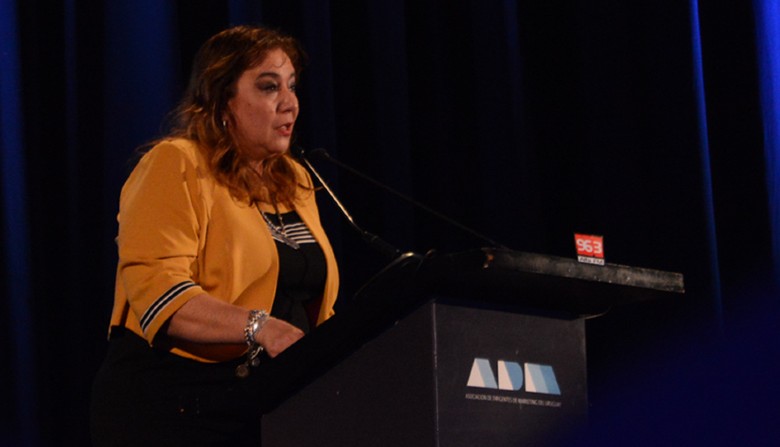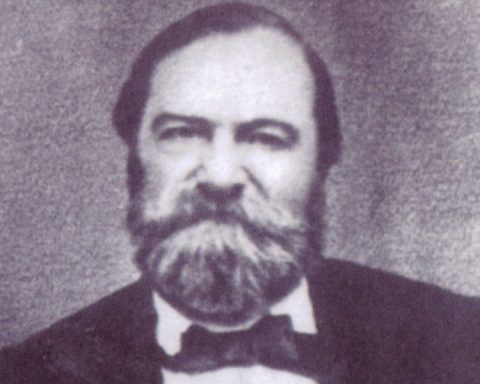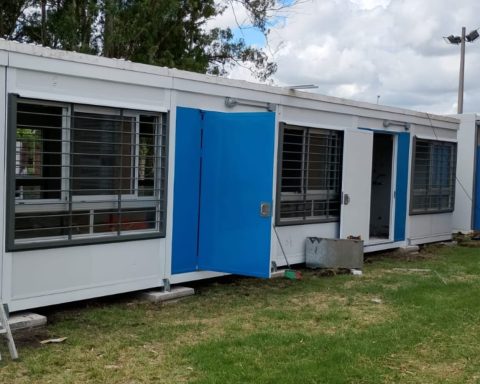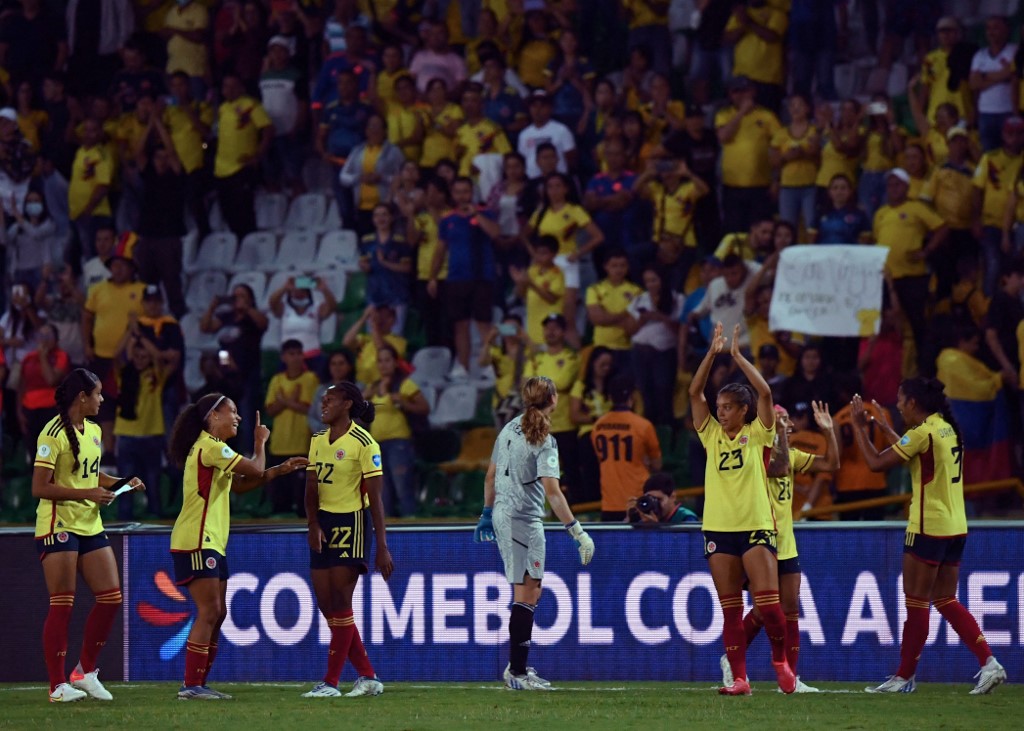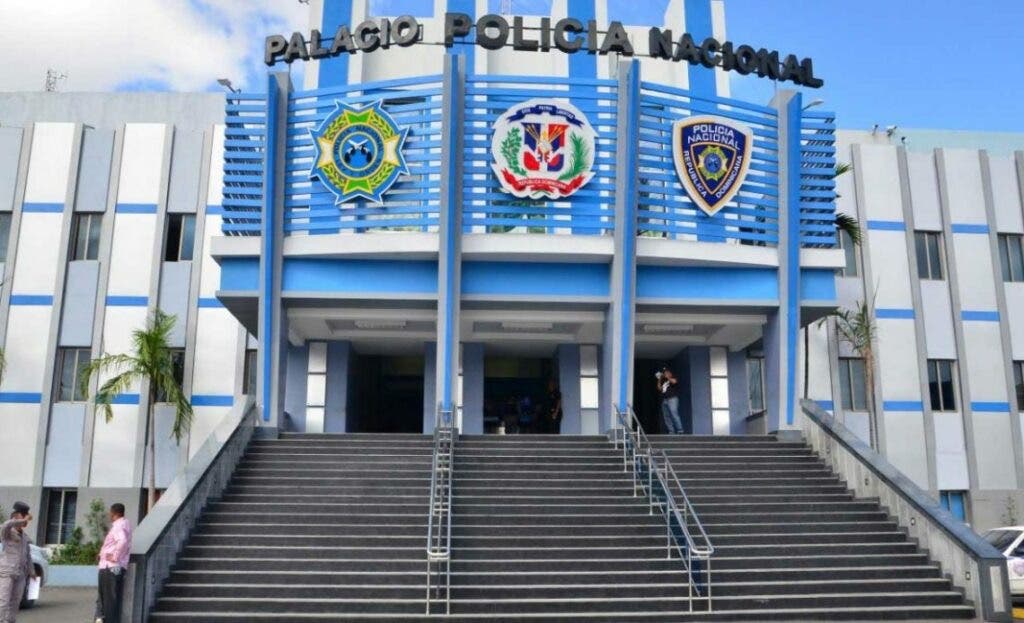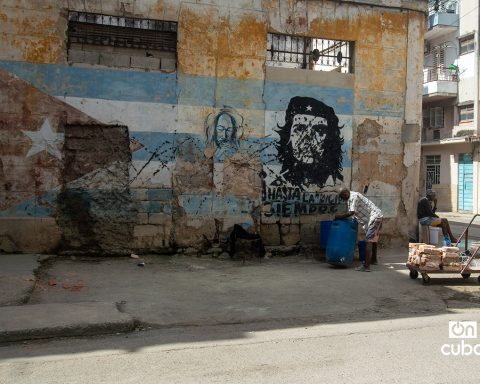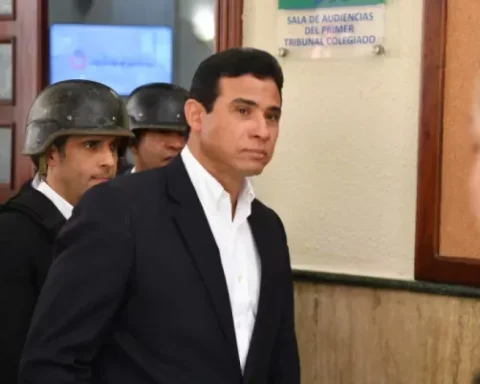In the activity organized by the Association of Marketing Leaders of Uruguay (ADM), this July 20, the secretary of the Presidency, Álvaro Delgado; the Minister of Public Health, Daniel Salinas; the Undersecretary of Housing, Tabaré Hackenbruch; the president of Mevir, Juan Pablo Delgado; the president of UTE, Silvia Emaldi; the president of OSE, Raúl Montero; the president of the State Insurance Bank (BSE), Jorge Amorín Batlle; the president of the Mortgage Bank of Uruguay (BHU), Casilda Echeverría; the president of ADM, Jorge Abuchalja, in addition to other national and diplomatic authorities.
In his oratory, Moreira recalled that, when he took office, on March 1, 2020, there were 650 settlements throughout the country, the highest number in history, and a deficit of between 60,000 and 70,000 housing situations.
He added that the ministry had also had to deal with the fact that more than 80% of the five-year budget was committed, and that it had to be very creative. In this sense, he highlighted that construction expansion policies were generated through the modification of the regulatory decree of the promoted housing and the incentive policies for non-traditional construction systems.
Regarding the new modalities, he said that the ministry is open to the use of cellular concrete and wood, with which it has already completed experiences in several areas of the country, where it managed to reduce construction time by up to 30%. “We need speed in the construction of housing and we support fast, economical, safe and comfortable construction systems,” he stressed.
For Moreira, introducing the use of wood in the construction of low-income housing in higher percentages is a Government commitment, because, among other advantages, it reduces costs by up to 43%. In this regard, he recalled the building interventions of the National Housing Agency (ANV) with this material in the department of Rivera, which allowed program participants to access their homes in just four months.
Regarding the Public Housing System, he said that work is being done in a coordinated and transversal way, to achieve the objectives and commented that the private sector is also included in some projects, such as that of the company Sistema Modular Habitacional, which will donate 500 modules that will be transformed in 100 permanent homes in Durazno and Tacuarembo.
In another section of his speech, he highlighted two of the proposed projects: the Avanzar plan, and Sueños en Obra. He explained that Avanzar will be a national policy for the treatment of irregular settlements, which will begin in 120 of the 650 that exist throughout the country. To achieve this, he added that an agreement is being sought with the 19 departmental governments before the end of the month.
Regarding the Dreams in Work plan, he indicated that the objective is to promote small and medium-sized companies, especially in different departments, because currently 71% of the projects are in Montevideo and 14% in Canelones and Maldonado. “There are 9 departments in which there is not a single promoted housing project, and we are going to reach them,” said the hierarch. This initiative, which will be officially presented in August, will support buyers with a non-refundable economic contribution of up to 30%.
Moreira assured that emphasis will be placed on those who are in the low and medium-low income brackets, so that they can access their home in any part of the country. Another option to achieve this is to promote the modality of rent with option to purchase.
“We are betting that it will be a ministry of open doors with the private sector and with the people,” he concluded.
